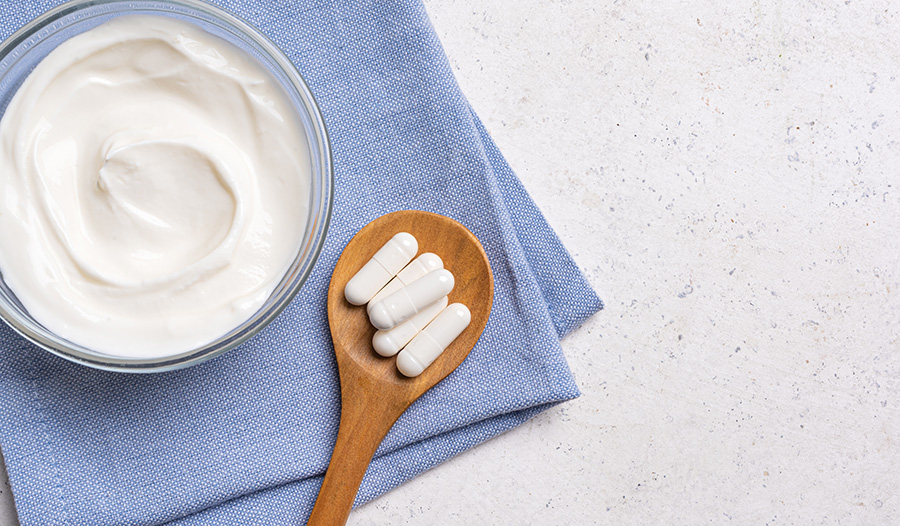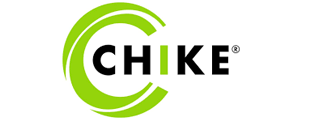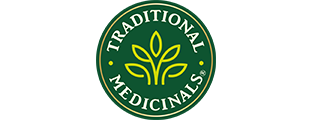Is It Better To Eat Probiotic Foods Or Take A Probiotic Supplement?

Key Takeaways
- Consuming probiotics on a daily basis promotes digestive and immune health*
- Although both probiotic foods and supplements can support overall health, there are distinct advantages to both*
- Whether foods or supplements are the better option for you likely depends on lifestyle factors
Your Gut Is Home To Trillions Of Microbes
Did you know that your gut is home to trillions of living microorganisms that play a critical role in your overall health? It’s true. These microbes make up roughly 1 to 3% of your body weight and help carry out digestive, metabolic, and immune functions when high in abundance and diversity.1 Unfortunately, common factors including stress, aging, poor diet, and environmental toxins can result in the loss of microbial abundance and diversity, leading to poor health.2–5
Where do probiotics fit in all of this? According to the World Health Organization (WHO), probiotics are live microorganisms (mainly bacteria and yeasts) that can confer health benefits when consumed in adequate amounts.6 Studies show that probiotics can help:
- Modulate the immune system*7
- Support regularity*8
- Support gut health*8
Because of these health benefits, probiotics are commonly referred to as “good” bacteria and are considered important for good health. So, what’s the best way to provide your gut with a regular infusion of these beneficial bacteria? In this article, we will discuss whether it is better to get your probiotics from food, supplements, or a combination of both.
3 Advantages Of Getting Your Probiotics Through Supplements
1. Supplements allow you to be more targeted
Acquiring probiotics through supplements has its distinct advantages. For one thing, supplements allow you to have more control over the specific bacterial strains you ingest, which can be important for supporting a specific health need.9-11
2. Supplements can provide more probiotic diversity
In addition to issue-specific bacterial strains, supplements also give you the opportunity to select a multi-strain blend for microbial diversity, versus a food product like yogurt, which may only contain one or two strains.
3. Many probiotic supplements are both allergen-free and sweetener-free
Also, many probiotic supplements are free of common allergens (i.e. dairy, soy, wheat, gluten), so they can fit into anyone’s diet, as opposed to the many soy and dairy-based probiotic-rich foods. And lastly, probiotic supplements can help you avoid added sugar and sweeteners that are often found in probiotic foods such as yogurt, kefir, and kombucha. This is important, given that sugar can disrupt the balance of your body’s beneficial bacteria.12
Probiotic-Rich Foods Deliver Micronutrients
An important advantage of consuming probiotics through whole foods is that they can provide a greater source of overall nutrition than supplements. In a recent study evaluating the levels of nutrient intake from foods versus supplements, researchers found that while supplements increase levels of total nutrient intake, there are distinct benefits associated with nutrients from foods not found in supplements.13 For example, probiotic-rich foods deliver micronutrients essential for your body’s daily functions, plant compounds that can help reduce oxidative stress, and perhaps the most crucial element for gut health, fiber.* Many sources of fiber act as prebiotics (aka “food” to feed the probiotics in your gut.) After all, probiotics need food to function, just like we do.
But not all fermented foods contain live probiotics
Probiotic bacteria can be found in a number of foods, including cultured dairy products like yogurt and kefir, and fermented foods such as sauerkraut, kimchi, pickles, tempeh, natto, miso, and kombucha. However, in order for these foods to confer probiotic benefits, the probiotic bacteria must be alive at the time of consumption.3,13 This can prove somewhat challenging, given that factors related to food processing and storage can affect the survival of probiotic organisms. Here are some helpful tips for ensuring your probiotic foods actually contain viable probiotic bacteria.
- When buying yogurt, don’t assume that all yogurt contains live probiotics. Make sure that the container says “live” or “active cultures.”
- Pasteurization typically kills live bacteria, so be sure to choose “unpasteurized” sauerkraut.
- Pickles made using vinegar do not have probiotic effects, so look for fermented pickles rather than ones made with vinegar.
Lifestyle Factors To Consider
As you can see, there are advantages to getting your daily probiotics from both food and supplements. And importantly, research indicates that both perform well as probiotic delivery vehicles.3 Due to a lack of clinical trials comparing the two, we can’t say if one delivery method is better than the other.3 Most likely, the better delivery option for you will depend on your lifestyle.
Here are some factors to consider when deciding between foods or supplements:
Do you eat a variety of probiotic-rich foods on a daily basis?
- If the answer is yes, that’s great! Not only may you be providing your body with important vitamins and nutrients it needs, but consuming an array of probiotic bacteria can enhance microbial diversity and intestinal balance.3 Keep on eating those probiotic-rich foods!
- If the answer is no (due to food allergies, a hectic daily schedule, etc.), you may find it more practical to get your daily probiotics from a high-quality dietary supplement.
Are you looking to address a specific health need?
- If the answer is yes, working with a healthcare professional to identify specific bacterial strains appropriate for addressing your health needs is advisable. And because supplements grant you the freedom to select the strains you ingest, you may find supplements preferable to foods, where you have less control over strain-specificity.
- If the answer is no, you may find that eating an abundance of probiotic-rich foods is sufficient for maintaining a healthy gut and immune function.*
Conclusion: Doesn’t Hurt To Do Both
There’s also the option of getting your probiotics from both food and supplements. That is, even if you decide that a reasonably dosed daily supplement is more practical for your lifestyle, you are still encouraged to incorporate probiotic-rich foods into your diet in order to benefit from the advantages of both. And remember, whether you decide to get your probiotics from food, supplements, or a combination of both, the important thing is that you’re ingesting these beneficial bacteria on a daily basis.
FDA Disclaimer:
*These statements have not been evaluated by the Food and Drug Administration. This product is not intended to diagnose, treat, cure, or prevent any disease.
General Notice & Disclaimer:
This information is for educational purposes only. Always consult your health care provider if you have a known medical condition or are taking medications. The information provided herein is based on a review of current existing research; the presenter and sponsor do not accept responsibility for the accuracy of the information itself or the consequences from the use or misuse of the information.
References:
- National Institute of Health. 2012.
- Hawrelak JA, Myers SP. Altern Med Rev. 2004. 9(2): p. 180–197.
- Homayoni R, et al. Crit Rev Food Sci Nutr. 2016. 56(6): p. 896-909.
- Zhang YJ, et al. Int J Mol Sci. 2015. 16(4): p. 7493-519.
- Salem I et al. Front Microbiol. 2018. 9: p. 1459.
- Guinane CM, Cotter PD. Therap Adv Gastroenterol. 2013. 6(4): p. 295-308.
- Matsuzaki T , Chin J. Immunology & Cell Biology. 2000. 78(1): p. 67-73.
- Rolfe RD. The Journal of Nutrition. 2000. 130(2): p. 396S-402S.
- Pakdaman MN et al. Nutr J. 2016. 15(1): p. 56.
- Sanders ME , Klaenhammer, TR. J Dairy Sci. 2001. 84(2): p. 319-331.
- McFarland LV et al. Front Med. 2018. 5: p. 124.
- Singh RK, et al. J Transl Med. 2017. 15(1): p. 73.
- Rezac S, et al. Front Microbiol. 2018. 9: p.1785.
DISCLAIMER:This Wellness Hub does not intend to provide diagnosis...













































































 Table of Contents
Table of Contents















